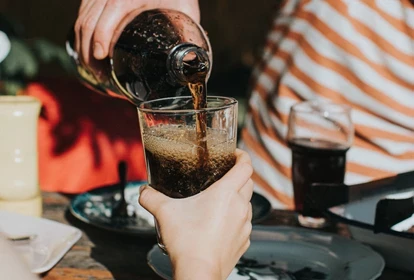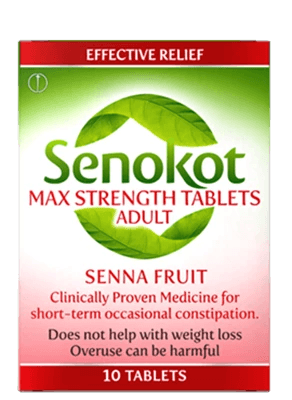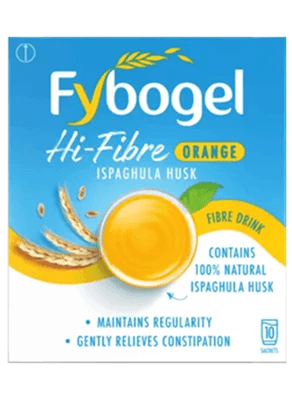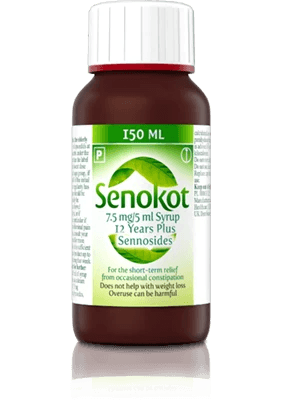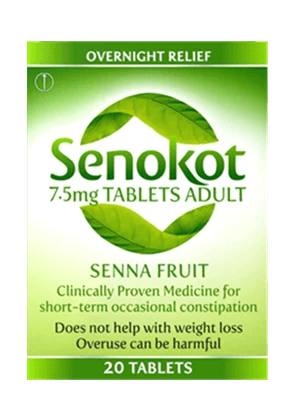IBS Triggers
IBS and Hormones
IBS affects around twice as many women as men UK1. This could be because hormone levels change during a menstrual cycle, which has been shown to affect the movement of food through the gut. This could explain why IBS symptoms can become more severe at different times of the month2.
IBS and Diet
Often what you eat can cause your IBS to flare up3. Understanding what these foods are and then trying to avoid them is often a good starting point in trying to manage your IBS. These vary from person to person, so we’ve listed the common ones below:
Diet Triggers for IBS with constipation symptoms
Some foods can make IBS-related constipation worse, including4:
- Drinks that contain caffeine – such as tea, coffee or cola
- Fizzy drinks
- Alcohol
- Breads and cereals made with refined (not whole) grains
- Processed foods such as crisps and cookies
- High-protein diets
- Dairy products, especially cheese
Diet Triggers for IBS with Diarrhoea
Foods that can make IBS-related diarrhoea worse for some people include4:
- Carbonated drinks
- Too much fibre, especially the insoluble kind you get in the skin of fruits and vegetables
- Food and drinks with chocolate, alcohol, caffeine, fructose, or sorbitol
- Large meals
- Fried and fatty foods
- Dairy products, especially in people who can’t digest the milk sugar lactose, called lactose intolerance
IBS and Your Lifestyle
Do anxiety and stress play a part in IBS?
Our lifestyles can impact on every part of our health, so it’s no surprise that it can affect IBS. Heavy work patterns, food on the run, poor sleep can all contribute to stress and anxiety which has been linked to IBS.
Emotional states such as stress and anxiety can trigger chemical changes that interfere with the normal workings of the digestive system.
This doesn’t just happen in people with a history of IBS. Many people who have never suffered with IBS before can have a sudden change in bowel habits when faced with a stressful situation, such as an important exam or job interview.
IBS Stress Triggers
Many people report stress as a common trigger for IBS.
If you often feel conflicted between your head and gut feelings - every time you give in to one, the other suffers - then you’re not alone. We can help you break this IBS-stress cycle by giving you coping mechanisms to help with stress when you’re at home, work or on the go.
Your Daily ‘Gut Feel’ Diary
IBS Triggers vary from person to person, so we suggest a useful way of identifying your own triggers is to keep a food, mood and poo diary like the following:
|
Time |
Food & drink |
Mood |
Poo |
|
Breakfast |
|
|
|
|
Snack |
|
|
|
|
Lunch |
|
|
|
|
Snack |
|
|
|
|
Dinner |
|
|
|
|
Snack |
|
|
|
